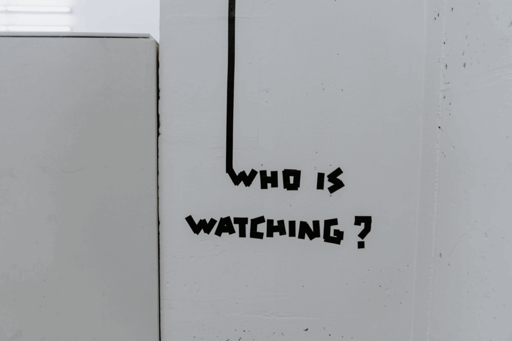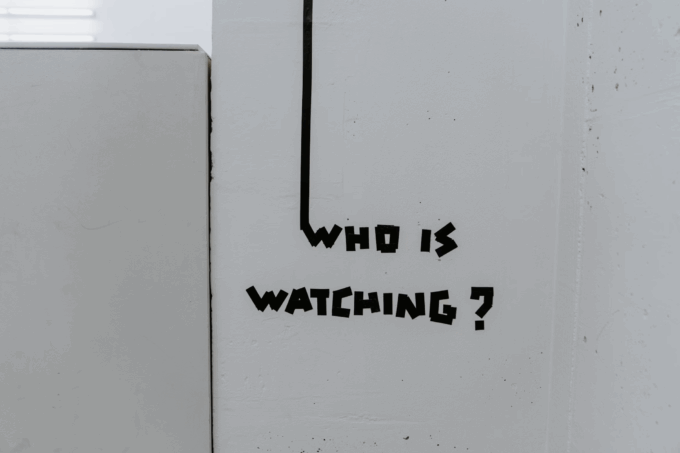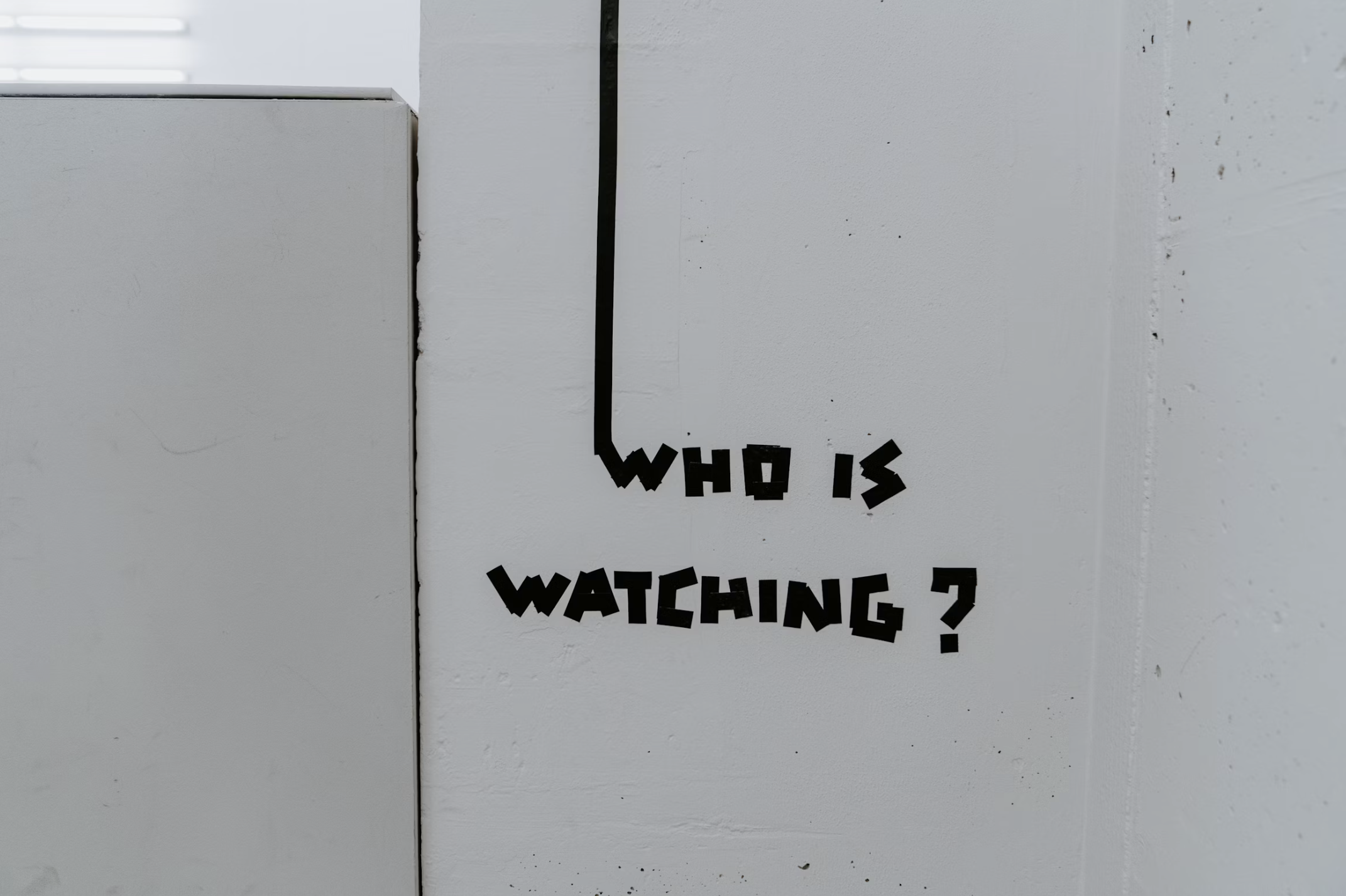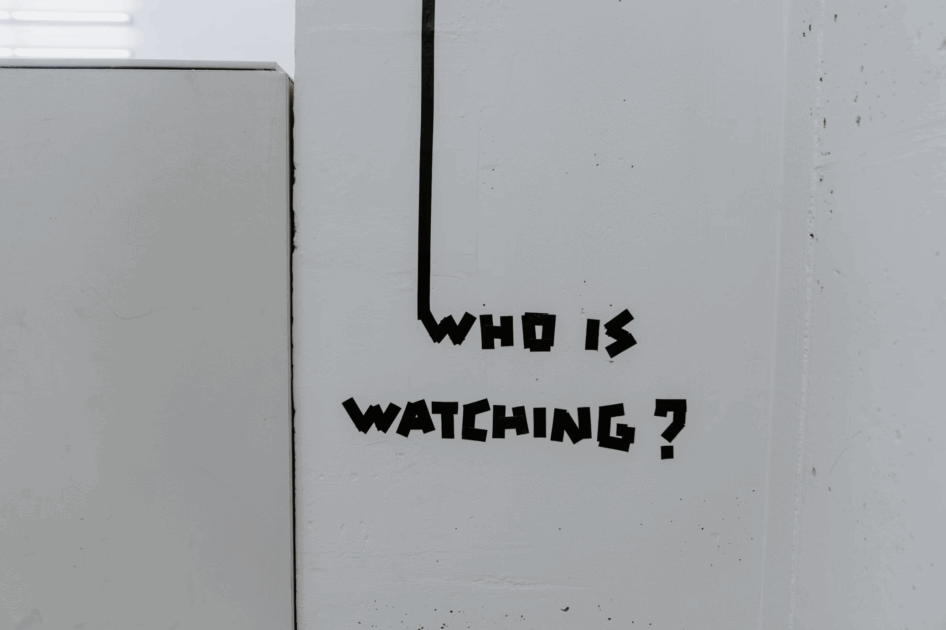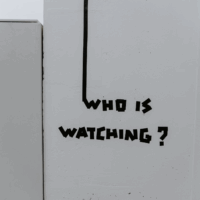Photo by Claudio Schwarz
It looked like just another time-wasting error message:
This video was removed from YouTube. Only you can see this video.
So, YouTube rejected my latest video. Hours of work, and if it’s not one thing it’s another, and which editing software betrayed me?
But it was not, apparently, a software issue. My 8 minute video of our NPR/Trump-free vacation focused on our grandchildren at Rehoboth beach, two mini golfs, water parks, and “amusement” parks, an indoor throw paint at your brother room, Yogi’s frozen yogurt shop, a driving range, glass blowing, and an Orioles home game. We were frazzled but free—temporarily relieved of our rage at What’s Going On.
Back to YouTube:
Content that shows minors in compromising positions that may lead to unwanted attention, isn’t allowed on YouTube.
So, I was a purveyor of child porn. A threat to the community.
This was devastating and amusing in the same instant.
I assumed (correctly) that only the beach shots had the slightest potential to offend. So, I quickly and haughtily appealed, pointing out that the video was done on a public, highly populated beach with many parents watching, and was in the lifeguard’s direct line of sight (we set up next to them — rip tides). I did not, therefore, see how kids in ordinary bathing suits splashing in the surf was problematic. I concluded, diplomatically, that only a badly programmed bot or an idiot could think otherwise.
A tad defensive. But after countless identical videos of the same offspring on (the same!) beach, it was shocking to be censured. I was also (quietly) convinced that no real child pornographer would demand a recount.
But by whom or by what?
YouTube’s near instant rejection of my appeal confirmed that it was a bot. Perhaps one with thin silicon skin, and certainly on a mission:
We’ve looked at your content again carefully, and have confirmed that it does violate Community Guidelines. It will not be available on YouTube. We know it may be disappointing, but it’s important that we keep the YouTube community protected.
I quickly uploaded my video of a string quartet (fully clothed), which passed through uncensored, so at least I wasn’t on the community’s No Fly list*.*
Then, after some half dozen edited submissions and rejections, I narrowed the “problem” to a stretch of our 8 and 10 year old grandkids playing in the water, sun bouncing off their bathing-suited bodies on the public beach. I deleted those clips, and the video was immediately accepted. As a control, I reinserted one of the clips, 8 seconds worth (AVAILABLE HERE ON VIMEO)! and the video was immediately rejected.
My original appeal was neither evaluated nor felt in any human sense. But while I didn’t feel the personal shame of someone accusing me of shooting child porn, I felt the oppressive weight—the impenetrability and judgmental rigidity of AI’s spawn—Artificial Morality. The bot’s (well-intentioned) but mechanical, machine-learned standards combined with its appeal-proof mechanical, machine-learned control over what is allowed, experienced, and learned, echoed the oppressive weight of a censuring, redacting government.
I amuse myself with snide comments to unresponsive computer voices while on hold and then realize how silly it is to feel rebellious, when I’m just talking to myself. But rage and resistance are not silly when aimed at a government which drags people off the street with anonymous, robotic brutality, and redacts library books and medical research with machine-identified forbidden words.
Nobody has the right to send child pornography to anyone, ever. But my family has the right to see an unredacted version of my little video. I “satisfied” the mechanical censor with insignificantdeletions, but what will schools, libraries, news sources, and researchers redact to please their censors?
YouTube’s actions and “reactions” were a jarring, vacation-ending reminder that whether we are glued to the news or glued to the grandchildren, those in power are mechanically, ruthlessly, dragging us into an appeal-proof future.
Unless we stop them.
The post Knock, Knock appeared first on CounterPunch.org.
From CounterPunch.org via this RSS feed


